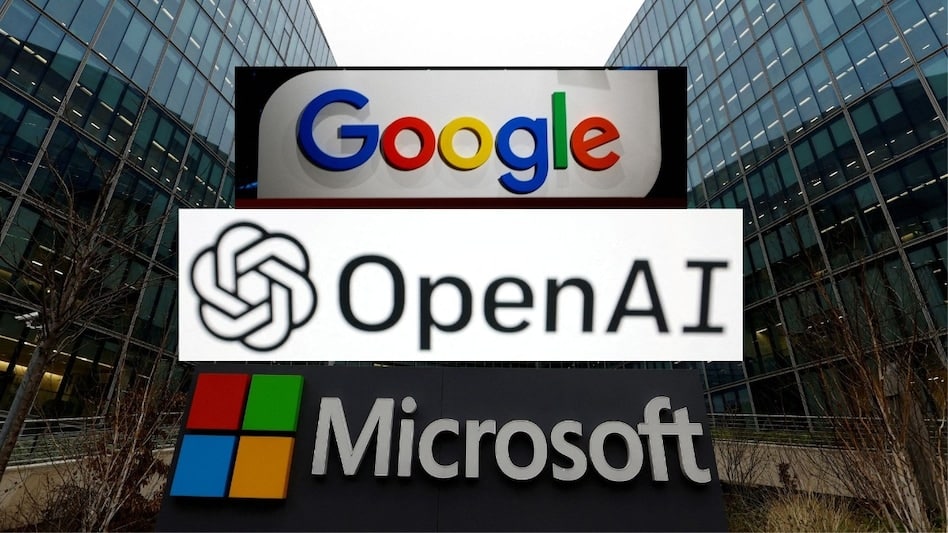OpenAI and its financial backer Microsoft are under fire, accused by nonfiction authors Nicholas Basbanes and Nicholas Gage of unauthorised use of their literary works. The authors claim their books were utilised in training the widely-used AI model ChatGPT, sparking a proposed class action lawsuit in Manhattan federal court citing copyright infringement.
Basbanes and Gage, both former journalists, contend that their works were incorporated without consent into the dataset for training OpenAI’s GPT large language model. Their attorney, Michael Richter, condemned the practice, stating it was unjust for companies to power billion-dollar industries without compensating creators.
This echoes a string of similar legal actions taken by writers such as Sarah Silverman and George R.R. Martin against tech firms for alleged misuse of their work in training AI programs.
In a parallel development, Google faces a wide-reaching lawsuit filed by the Clarkson Law Firm, alleging data scraping from millions of users without consent. The suit targets Google, Alphabet (its parent company), and AI subsidiary DeepMind, asserting violations of copyright laws in training their AI products.
An essential facet of this complaint centres on Google’s recent privacy policy update, explicitly mentioning the use of publicly accessible information to train AI models like Bard. Despite Google’s clarification that this practice is not new and merely extends to newer services like Bard, the lawsuit raises concerns over the exploitation of private data.
The Clarkson team has recently amended their complaint, responding to Google’s motion to dismiss the lawsuit, adding key points to fortify their argument. This revision includes public plaintiffs, such as NYT best-selling author Jill Leovy, advocating for millions affected by alleged copyright infringements. Notably, the amended complaint introduces fresh claims, asserting Google’s violation of ownership and property rights of third-party websites by scraping user data.
Source: Business Today



![[CITYPNG.COM]White Google Play PlayStore Logo – 1500×1500](https://startupnews.fyi/wp-content/uploads/2025/08/CITYPNG.COMWhite-Google-Play-PlayStore-Logo-1500x1500-1-630x630.png)